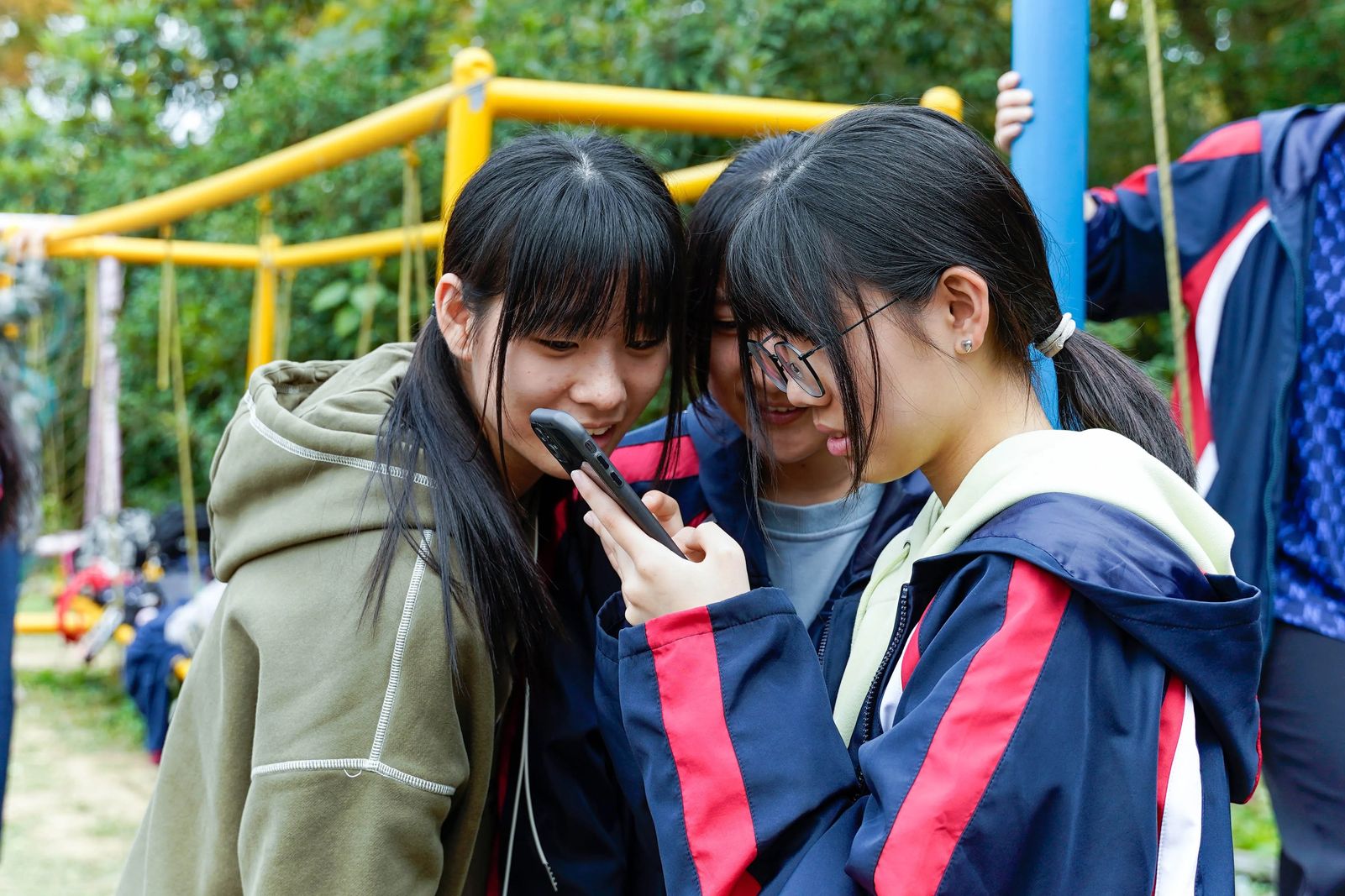

Photo by S H E R W O O D via Pexels
Three Students React to the Documentary 'Screenagers'
January 27, 2023
by Kelly McCandless
Recently, Will James Middle School hosted a free community screening of the documentary Screenagers, which discusses the impact screens, Internet, social media and access to artificial reality have on developing minds. Unfortunately, I was out of town for the screening, but as a parent very interested in the topic, my oldest daughter and her two best friends attended the screening with another parent. Afterward, I interviewed them to get their feedback and perspective.
These three girls are 11 and halfway through 5th grade, so they’re just starting to see many of their friends have personal phones, social media access and more. They’re in that “tween” space where they’re still enjoying all things youthful but reaching for more independence. Their opinions around the documentary are interesting, and I’m curious to see what their future holds as well as what their generation will do with the things we are learning today.

Rylie McCandless, Dacy Carroll, Harper LePiane
The three students I interviewed are Harper LePiane, Dacy Carroll, and my daughter, Rylie McCandless. When asked to tell me about the movie, the girls described that it’s about teenagers who are addicted to or have problems with screens. Screens like phones, tablets, and computers as well as issues with social media, which the movie shared can be addicting. They explained how the movie followed different kids struggling and that they learn how social media can cause stress, anxiety, and depression.
According to Harper, “It’s about what happens if you get addicted to social media and all the things that can happen. You see stuff you don’t have and want, and it makes you feel like you’re not cool enough. You start comparing yourself to other people. It can make you feel like your life isn’t as good as everyone else’s.”
“At the very end of the movie, kids started going to these classes to learn how they’re not better or worse than anyone else. They had to talk to each other and build relationships,” explained Dacy.
The girls also admitted that it was a little hard to directly relate to the kids featured in the documentary since none of them are currently allowed to use or be on social media, a decision they admit to believing is protecting them from some tough stuff. “We aren’t allowed to use social media, so we aren’t totally able to relate to the students struggling,” Rylie said.
An interesting takeaway, though, is that the girls unanimously are unsure about ever getting on social media, even if they’re allowed in the years to come. “I just don’t need it,” Dacy said. “I can be myself without it and make my own choices without being influenced by others online. And I can get the content I want in other places.”
Rylie recognized the power social media can have if used carefully and intelligently. “I know it can be used to stay updated on certain things, or to connect with businesses or topics I’m interested in, if I learn how to do it safely.”
Harper felt that choosing to stay away from social media would help her protect her own wellbeing. “I don’t need to see what other people are doing for me to know I want to be myself,” she wisely stated.
Another takeaway from the documentary was how serious access to the Internet through screens can be. All three girls noted that the space can be tricky as well as very unsafe if you’re not careful. “You might not even realize you’re connecting with someone you don’t actually know,” said Dacy. “Being online can be scary.”
Interestingly, the conversation among the girls led to a discussion about how all the messages that surround them every day can make it hard to know what is real. The documentary focused on that idea that screens and social media can make it seem as if the whole world is passing you by if you’re not staying connected.
Dacy, Harper, and Rylie described that the kids addicted to screens felt like they had to constantly check in. They had to physically remove their phones from their proximity so they wouldn’t be tempted to check. “It was very stressful for them. They had people texting them in the middle of the night and felt like they had to check in and respond. They’re always on,” Dacy reflected.
So, what did these pre-teens learn? “What stuck with me,” Harper said, “was to recognize who I am and what I do instead of having things come out that aren’t actually real.”
Dacy and Rylie both added that getting off screens and being active is super helpful. They both noted nature and spending time face-to-face as things that are important to them.
All in all, these kids all felt that watching the documentary was helpful. “I feel more prepared after seeing this movie,” Harper stated. “I feel like I will be able to make my own decisions and stick to them.”
Learn more about Screenagers at https://www.screenagersmovie.com/.
Never miss an issue, check out SLM's digital editions here!





